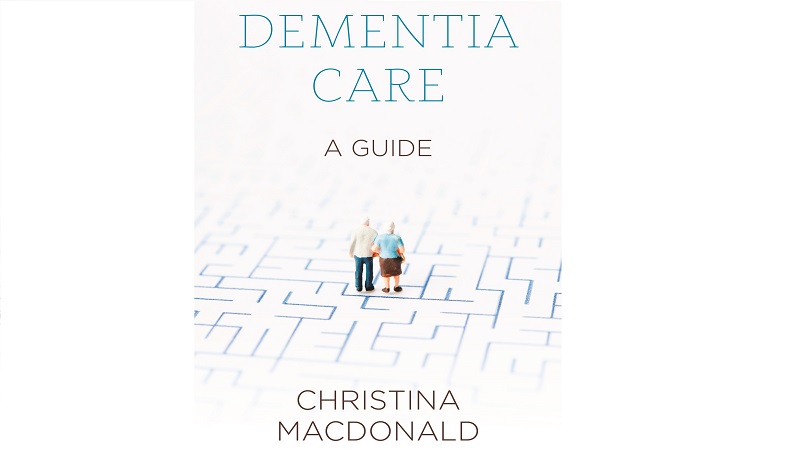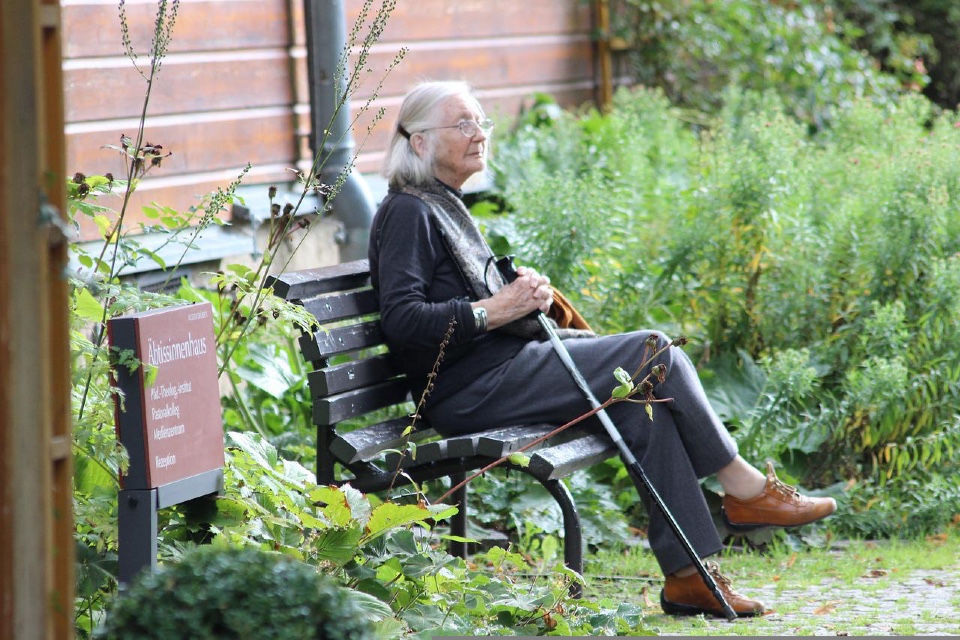Christina Macdonald, author of the book, Dementia Care: A Guide gives eight top tips for care workers…
- Get help when you need it – It’s not always possible to care for someone on your own – sometimes more than one pair of hands is required, especially if the person is angry or upset and not able to understand why you need to move or change them. If in doubt, seek help.
- Mentally detach yourself when you need to – Dementia is a disease of the brain, so a person with dementia could be susceptible to sudden and unpredictable mood swings, often without warning. It is the disease talking, not the individual, so learn to detach yourself from the situation. Give them some space to calm down if they are angry. If it’s safe for them to have some time on their own, step away and take a break.
- Be in a good place when spending time with them – A person with dementia can be happy one minute and angry the next. As moods can be erratic, be prepared for all situations when you visit. If you are tired, stressed or not in a good place, spending time with the person will be stressful for you and they will pick up on your mood. They may not remember what you said or why you were stressed, but they will remember how you made them feel. Therefore, it is important to be upbeat when you spend time with them, so try to take a break if you feel tired or stressed.
- Exercise regularly – Exercising with the person you are caring for will benefit you both, helping to clear the mind and help reduce the symptoms of sundowning (when a person with dementia can be susceptible to mood swings late afternoon or early evening when the sun goes down). If you can, try to encourage the person to take some exercise with you. A short walk around the block will do them good, as they will enjoy the fresh air and it may make them less restless later in the day.
- Encourage the person to socialise – Social interaction will make a difference to the person’s mood and mental awareness. Encourage them to get involved in activities or mix with others. At the same time, don’t force them to do something they don’t want to do. Even if you think they may enjoy an activity, if they aren’t in the right mood to participate then know when to back off. You could always try again later.
- Establish a routine – A regular routine and a familiar environment will make the person feel secure. If they can get up at the same time, eat at the same time and have a familiar routine they will be less likely to feel confused or disorientated.7. Get to know the person’s likes and dislikes – Spending time with the person and getting to know them can really benefit both of you. Observe what rattles the person and makes them annoyed or frustrated. If they live in a care home, is it noise from other residents? Loud TV? Noisy singalongs or dancing? If they prefer a quieter environment then give them the option to leave the communal lounge during noisy periods and sit quietly in their room. The more you understand what make them tick, the easier it will be to care for them.
- Don’t expect them to change – Dementia affects mood and behaviour, so it won’t necessarily be possible for the person to adapt or change the way they behave, even if you feel they often behave badly. They will be less likely to edit their thoughts and may say or do things you consider offensive, selfish or even rude. Don’t respond negatively or take it personally. Change the subject if you feel they are saying something you disagree with or find unreasonable.
Dementia Care: A Guide is published by Sheldon Press and on sale now on Amazon and in all good bookstores.
Christina is a writer and editor who began specialising in dementia after her late mother, Hazel, was diagnosed with vascular dementia in 2009. She is online editor for The Alzheimer’s Show website, a media champion for Alzheimer’s Society and owner of the Christina Macdonald Consultancy.






